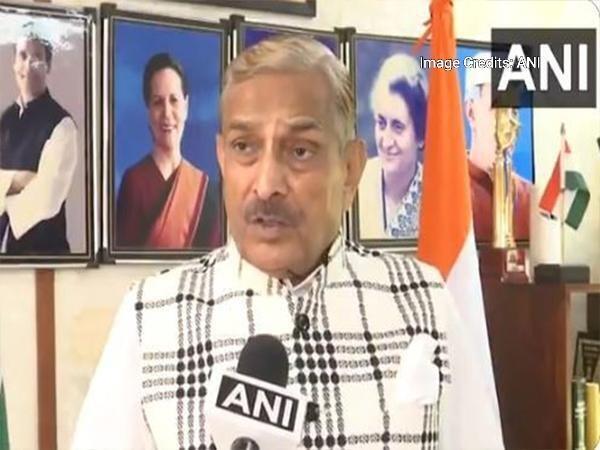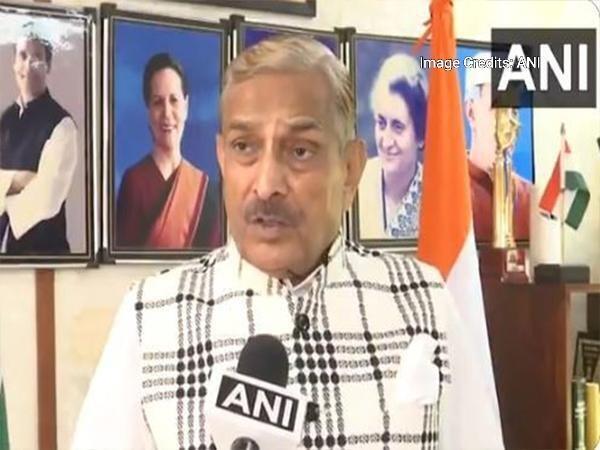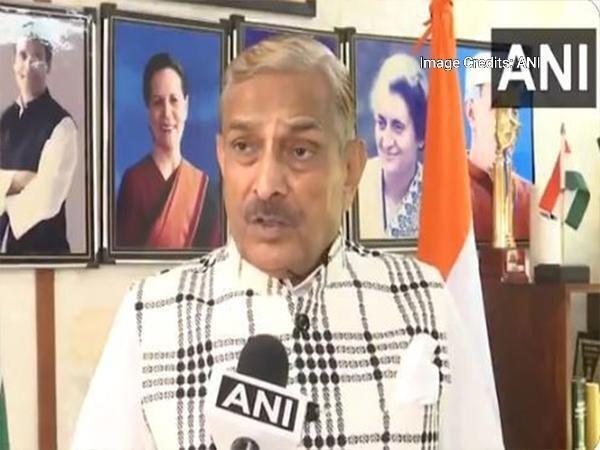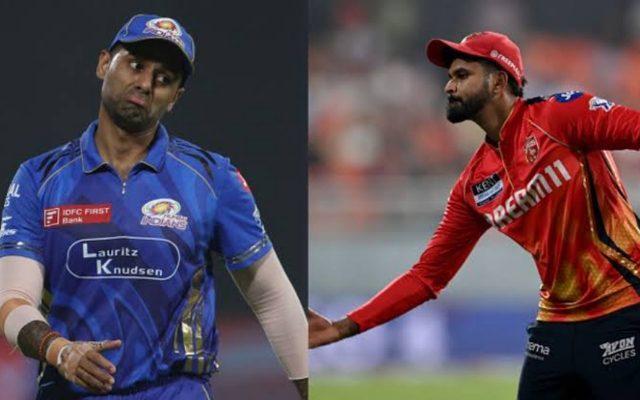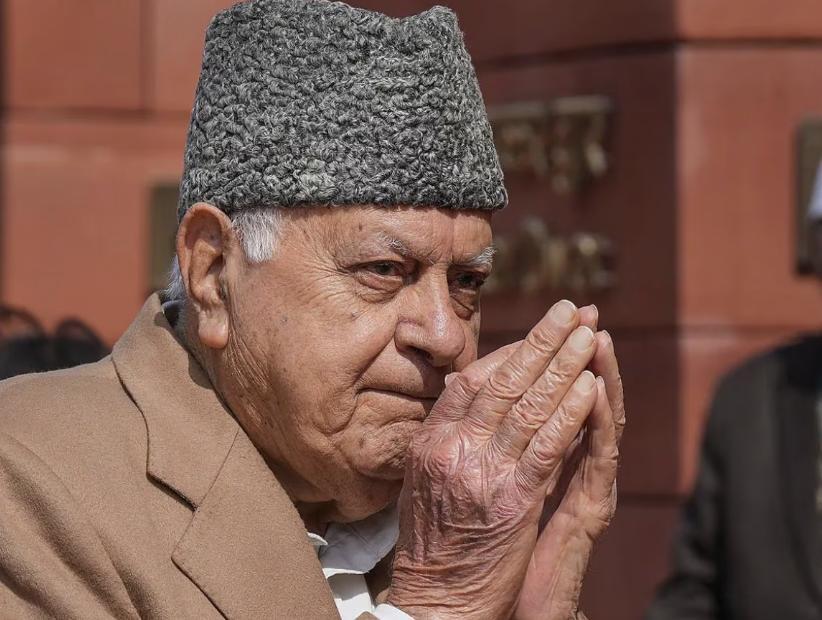
Ex-R&AW chief Dulat claims Farooq privately backed Article 370 abrogation, he denies
In a recent revelation, former R&AW chief A.S. Dulat has made a shocking claim in his new book “The Chief Minister and the Spy”. Dulat, in his book, reveals that former Jammu and Kashmir Chief Minister Farooq Abdullah privately backed the abrogation of Article 370, which granted special status to the state.
According to Dulat, Abdullah’s National Conference (NC) suggested that the abrogation of Article 370 would have helped in passing the Bill. However, Farooq Abdullah has vehemently denied the claim, dismissing it as a “figment of imagination of the author who claims to be my friend”.
The development has sparked a heated debate, with many questioning the credibility of Dulat’s claim. Article 370 was abrogated by the Indian government in August 2019, sparking widespread protests and unrest in Jammu and Kashmir. The move was seen as a significant step in dismantling the state’s autonomy and integrating it with the rest of the country.
Dulat, who served as the R&AW chief from 1999 to 2000, has written extensively about his experiences in his book. The book, which is based on his conversations with various leaders, including Abdullah, is expected to shed light on the behind-the-scenes politics that led to the abrogation of Article 370.
In his book, Dulat claims that he met Abdullah several times during the period leading up to the abrogation of Article 370. According to Dulat, Abdullah expressed his willingness to support the move, citing the need for Jammu and Kashmir to be integrated with the rest of the country.
However, Abdullah has categorically denied the claim, saying that it is a fabrication. In a statement, he said, “I do not know what Mr. Dulat is talking about. It is a figment of his imagination. I was never privy to any such discussion. I do not know what kind of conversations he had with me.”
Abdullah’s denial has been met with skepticism by many, who point out that Dulat has a reputation for being a reliable source of information. However, others have questioned the timing of the revelation, with some arguing that it is a deliberate attempt to discredit Abdullah and his party.
The controversy has also raised questions about the role of the R&AW in the abrogation of Article 370. Critics have long accused the agency of playing a significant role in shaping the country’s foreign policy, often without transparency or accountability.
In response to the controversy, Dulat has maintained that his book is based on his personal experiences and conversations with various leaders. He has refused to comment further on the matter, citing the sensitive nature of the information.
The debate surrounding Dulat’s claim is likely to continue in the coming days, with many calling for a thorough investigation into the matter. The controversy has also raised questions about the credibility of political leaders and the role of intelligence agencies in shaping the country’s political landscape.
As the debate rages on, one thing is clear – the abrogation of Article 370 was a significant event that has far-reaching implications for the country and the people of Jammu and Kashmir. The controversy surrounding Dulat’s claim is a reminder of the complexities and nuances of politics, and the importance of seeking the truth in the face of conflicting narratives.
Source:
https://repository.inshorts.com/articles/en/PTI/5880e3bf-0a05-40d6-887a-465b5c760b3a
